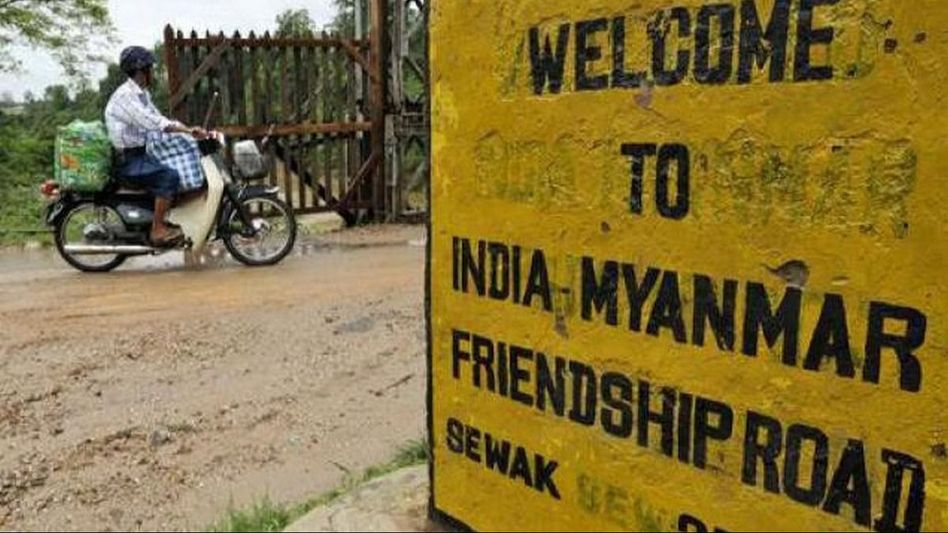Nagaland: Longwa chief angh demands reinstatement of free movement regime along Indo-Myanmar border
Tonyei Phawang, the chief angh (traditional leader) of Longwa village in Nagaland, made a fervent appeal against the Indian government's decision to terminate the Free Movement Regime (FMR) and to erect a border fence along the India-Myanmar boundary.

Tonyei Phawang, the chief angh (traditional leader) of Longwa village in Nagaland, made a fervent appeal against the Indian government's decision to terminate the Free Movement Regime (FMR) and to erect a border fence along the India-Myanmar boundary.
Longwa village, with a population of approximately 6,000 people, is uniquely positioned astride the international border, with half of its territory in India and the other half in Myanmar. This geographical peculiarity has historically allowed the villagers to live under one administration, sharing one church and one anghship, despite being spread across two nations.
The FMR had permitted tribes living on either side of the border to traverse up to 16 km into each other's territories without requiring a visa or passport, fostering social and cultural ties. However, on January 20, 2024, Amit Shah, the Union Home Minister of India, announced plans to construct a border fence and abolish the FMR, citing deliberations over the existing agreement with Myanmar.
Also Read: Manipur: Naga Students' Body demands reinstatement of free movement regime along Indo-Myanmar border
Phawang vehemently opposed these measures, emphasizing that such actions would disrupt the social and cultural fabric of border communities, particularly in Longwa. He highlighted that the village, which dates back to the 16th century, was divided during a boundary demarcation in 1970-71, a process that was conducted without the full understanding of the local populace. The chief angh stressed that the proposed border fence would forcibly separate families and lands that have been united for centuries.
In light of these developments, Phawang called upon the state government, led by Chief Minister Neiphiu Rio, to oppose the scrapping of the FMR and the construction of the border fence.
He expressed his commitment to fully cooperate with any efforts to address this issue, reflecting the high stakes for the community he represents.
The scrapping of the FMR and the proposed border fencing have sparked significant concern among the Naga tribes and other residents of the border areas, who have enjoyed a relatively peaceful coexistence and interdependence facilitated by the free movement across the Indo-Myanmar border.
Copyright©2025 Living Media India Limited. For reprint rights: Syndications Today









